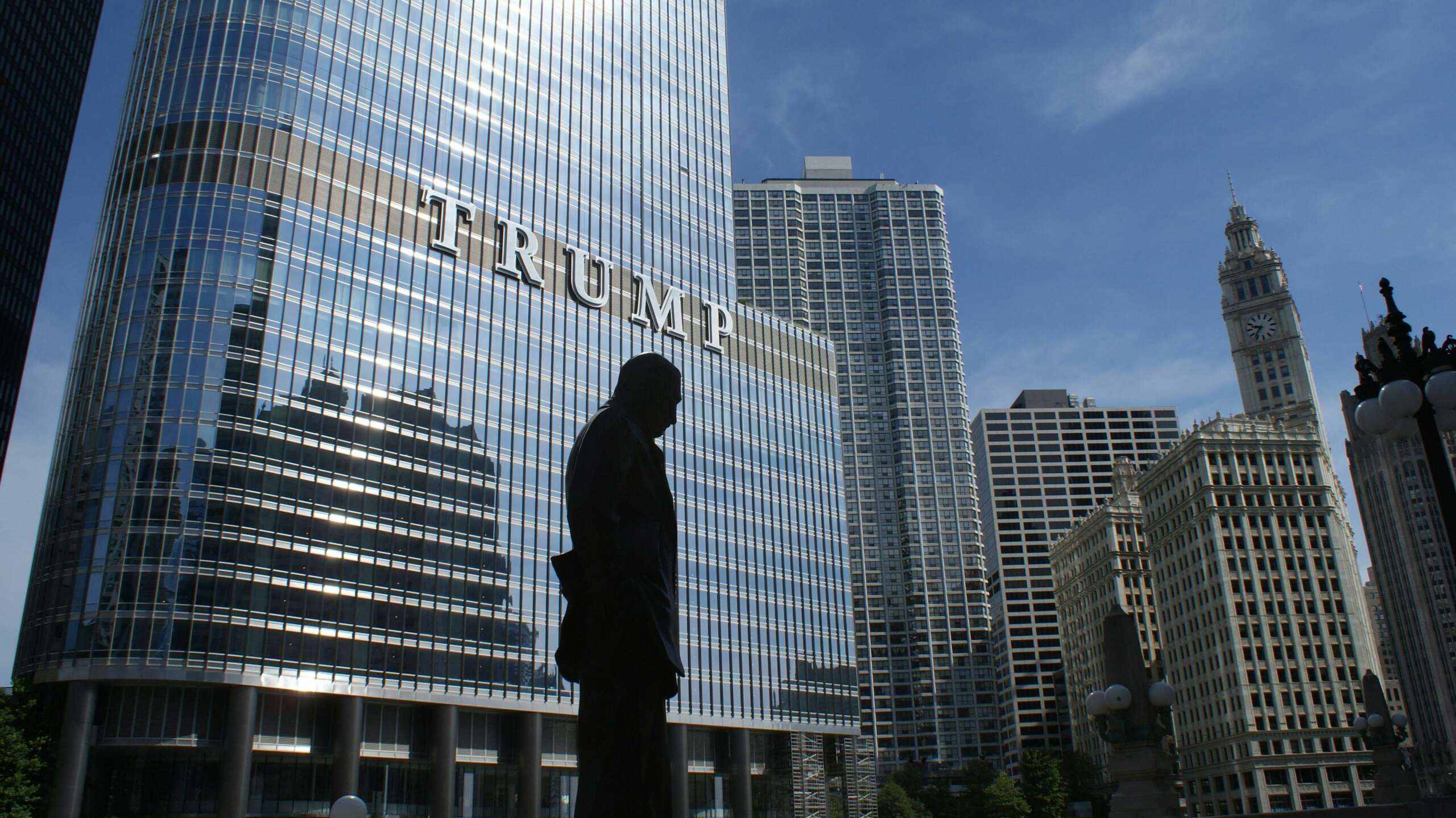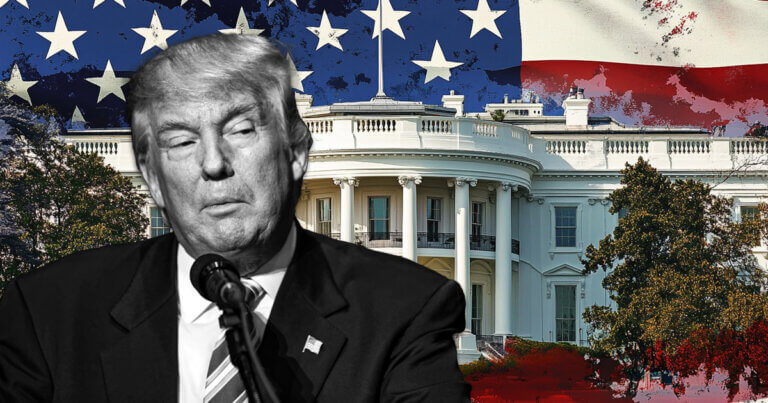Former President Donald Trump, known for his diverse range of business ventures, is now making headlines with his latest foray into the world of cryptocurrency. This shift could not only redefine his political strategy but also potentially impact the crypto market as he seeks to appeal to a growing base of digital asset enthusiasts ahead of the 2024 US presidential election.
Trump’s Rebranding as a Pro-Crypto Candidate
Historically, Trump was vocal about his skepticism towards Bitcoin and other cryptocurrencies. However, in a notable turn of events, he is now positioning himself as a supporter of the crypto industry. This change comes as he campaigns for re-election, aiming to attract voters who are invested in the world of digital assets.
Trump’s pivot to crypto is evident through several initiatives. One of the most prominent is his new decentralized finance (DeFi) platform, World Liberty Financial (WLFI). Despite the buzz, WLFI remains shrouded in mystery with limited details available. The platform was launched on August 29, but specifics about its operations and roadmap are yet to be revealed. Trump’s son, Eric Trump, has been spearheading the promotion of this project, which has seen a swift rise in Telegram subscribers despite no concrete updates.
The NFT Collection Boom
In addition to his DeFi ambitions, Trump has launched his fourth collection of non-fungible tokens (NFTs) titled “America First” on August 27. This collection has been highly lucrative, already generating over $2.5 million in revenue. The NFTs, priced at $99 each, offer buyers physical cards with pieces of memorabilia from Trump’s debates, further monetizing his personal brand. This venture follows previous NFT collections that also brought substantial earnings, showcasing Trump’s knack for capitalizing on his public persona.
Trump’s engagement with NFTs is not a new phenomenon. His previous collections, including those featuring him as a superhero-like figure, have proven financially successful, contributing millions to his coffers. This consistent effort to leverage NFTs highlights a strategic move to maintain his relevance and appeal in the digital age.
Political Impact and Voter Sentiment
The strategic shift towards crypto is resonating with a specific voter demographic. A recent poll from Fairleigh Dickinson University indicates that Trump’s pro-crypto stance is gaining traction among American voters who own digital assets. The poll reveals a 12-point lead for Trump over his Democratic opponent, Kamala Harris, among crypto holders. This suggests that Trump’s crypto initiatives could be effectively swaying voters who are otherwise inclined to support the Democrats.
The rise in crypto ownership among American adults to 40% is a significant factor in this dynamic. As Trump aligns himself with the crypto community, he may be positioning himself to attract voters who feel disenfranchised by traditional financial systems. This strategy could potentially bridge gaps with minority groups and younger voters, presenting cryptocurrencies as a unifying issue.
The Future of Trump’s Crypto Ventures
As Trump continues to expand his crypto-related activities, including his DeFi platform and NFT collections, the impact on the broader crypto market remains to be seen. His ventures could set new precedents for how political figures engage with digital assets and influence market trends. The integration of crypto into his campaign strategy not only showcases a shift in political tactics but also highlights the growing intersection between politics and digital finance.
In conclusion, Trump’s move into the crypto space represents a significant evolution in his political and business strategies. By embracing digital assets, he is not only capitalizing on a burgeoning market but also positioning himself as a forward-thinking candidate in the upcoming election. As these initiatives unfold, they may offer valuable insights into the role of cryptocurrencies in modern political and economic landscapes.



